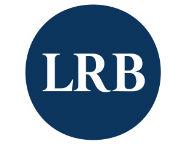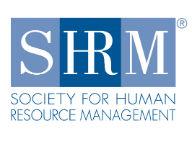School News
—
The decision by the city of Valledupar, Colombia, to accept recommendations for a new public space economic model from a group of MBA students and Research Scholar Nicolás Galarza as part of a Stern Solutions experiential learning project is featured
—

Translated excerpt from El Pilon -- "Nicolás Galarza explained, 'during the investigation we realized that there are several collaborative schemes in which the private sector manages and is responsible for the maintenance of parks, freeing those burdens from the mayorships. This is a win-win scheme: from the point of view of the private sector, this means that it will be a park that will have more people visiting, improves security, improves traffic, businesses increase their sales, improves the value of the properties; and from the point of view of the administration, significant resources are saved to be allocated to other priorities for the city...'"
School News
—

Translated excerpt from El Pilon -- "Nicolás Galarza explained, 'during the investigation we realized that there are several collaborative schemes in which the private sector manages and is responsible for the maintenance of parks, freeing those burdens from the mayorships. This is a win-win scheme: from the point of view of the private sector, this means that it will be a park that will have more people visiting, improves security, improves traffic, businesses increase their sales, improves the value of the properties; and from the point of view of the administration, significant resources are saved to be allocated to other priorities for the city...'"






















